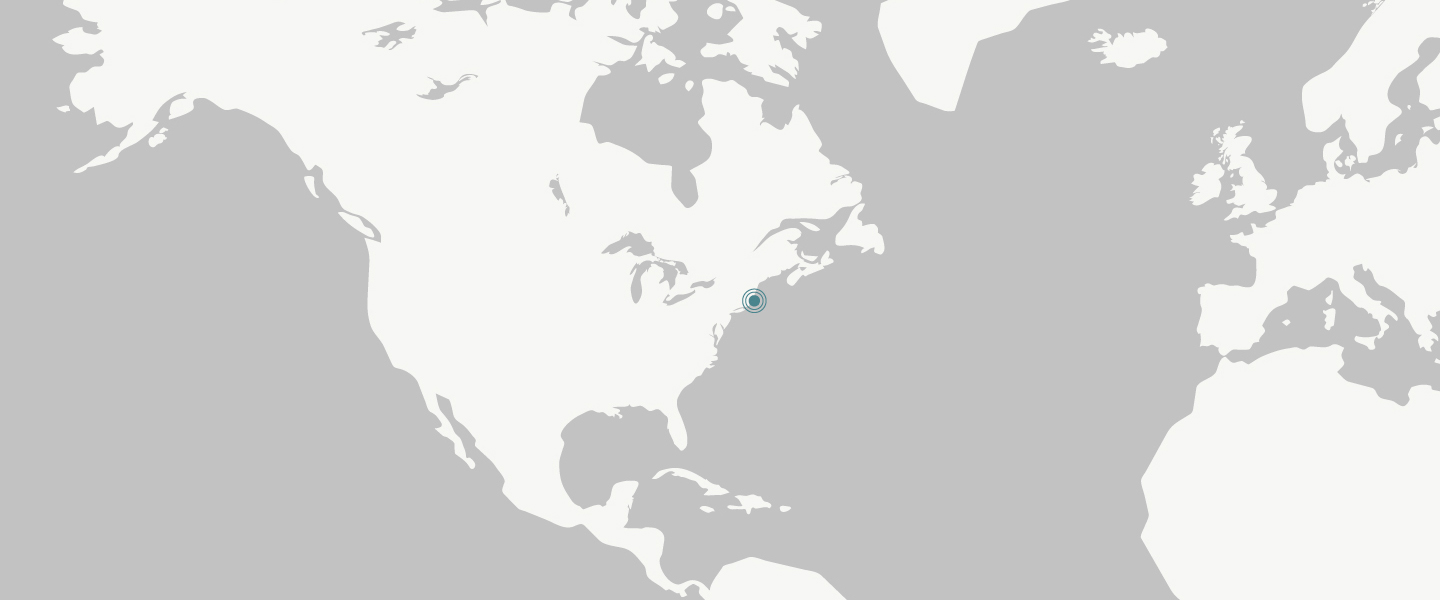In a cross-departmental effort to support both Boston’s climate-ready resiliency and the creation of new affordable home ownership units, the Boston Planning and Development Agency (BPDA) used its Urban Renewal tools to acquire the 104 -108 Walter Street parcels. The property at 108 Walter Street in Roslindale was added to the Roslindale Wetlands Urban Wild, providing close to an acre of buffer at the edge of the Roslindale Wetlands, as well as a more accessible point of entry to the existing urban wild. The parcel at 104 Walter Street has been designated for affordable homeownership units, and Habitat for Humanity Greater Boston (HFHGB), in partnership with Adaptiv, were selected through an RFP process to design, and construct, four affordable units, in two freestanding buildings on site.
The project is designed to integrate into the community context, rely on resilient design principles, and provide a safe, and an accessible access to the public Wetlands. The existing single family home will undergo a gut renovation to transform into a two family home. The new construction two family home in the back of the property will take design queues from the barn that historically occupied its site.
The homes accommodate families through flexible, and dignified spaces, including ample access to daylight, natural ventilation, and views connecting them to the outside. All four units will be designated affordable housing through the City of Boston, and be built using Passive House design standards. The 104-108 Walter Street project aims to be a leading example of affordable housing that is on the cutting edge of energy savings and sustainability.
Habitat For Humanity Greater Boston
Boston, Massachusetts
In Progress
Housing, Social/Civic, Urban Development
Architecture
Habitat for Humanity, RDH Building Science, Bellalta 3 Design
The wet-land area to the north of the site on the 108 Walter Street property provides a visual, and physical site organization. It offers a public access pathway from Walter street directly to the wetland which is defined by a boardwalk, and vegetation. The two family home at the rear of the site provides a visual connection to the wetland, providing ‘eyes on the street’ for public safety.
The design is inspired by the character of the existing neighborhood. The project strikes a balance between the old, and new, by keeping the existing 104 Walter Street structure, and adding a complimentary second structure on the rear of the site. The existing home will be retrofitted to accommodate sustainable design elements. The new construction on the property is inspired by the former barn on the site, and is organized to support family units, and includes simple gable roofs oriented for solar collection.
The homes will be designed to be Passive House Institute US (PHIUS) certified as a first step in energy conservation measures towards net zero/zero carbon. Priority will be placed on eliminating thermal bridging in the building envelope, and incorporating passive system strategies. High efficiency systems will be utilized for space conditioning, ventilation, equipment and lighting. Photovoltaic arrays are being proposed on the roof of both duplex buildings. Priority is being given to maximum area and ideal orientation of PV arrays in the design of the massing of the buildings. All building systems will be electric and are to exceed the Commonwealth of Massachusetts Stretch Code requirements, and will contribute to the City of Boston’s 2050 carbon neutrality goals.
Habitat for Humanity Greater Boston’s unique building model of using as much as 70% community volunteer labor on their projects brings together people of every ethnicity, gender, gender expression and belief. Community volunteers are exposed to team building, and team bonding opportunities, as the Habitat staff helps them master complex building projects. Volunteers work alongside the dedicated, and deserving homeowners, who will soon have their own special place to call home.
Integrate Community
Respect Context
Enhanced Response Capacity
Address Vulnerability
GOAL 1: No Poverty
GOAL 7: Affordable and Clean Energy
GOAL 10: Reduced Inequality
GOAL 11: Sustainable Cities and Communities
